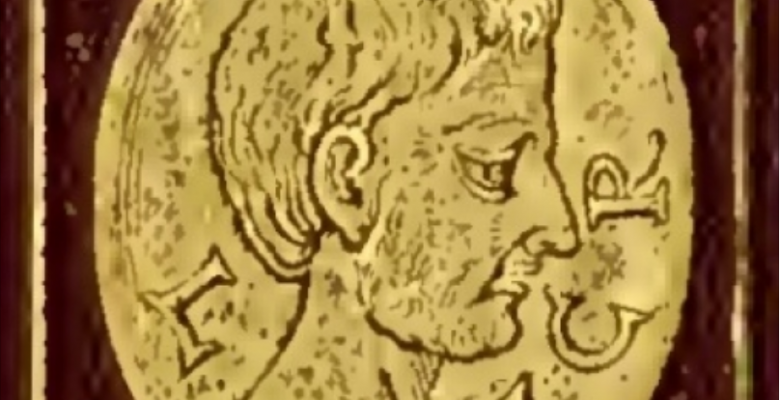Lucretius Today Episode 249 Is Now Available!
Episode 249 – Cicero’s OTNOTG 24 – Are The Epicurean Gods Totally Inactive, And Are We To Emulate Them Through Laziness?
Welcome to Episode 249 of Lucretius Today. This is a podcast dedicated to the poet Lucretius, who wrote “On The Nature of Things,” the most complete presentation of Epicurean philosophy left to us from the ancient world. Each week we walk you through the Epicurean texts, and we discuss how Epicurean philosophy can apply to you today. If you find the Epicurean worldview attractive, we invite you to join us in the study of Epicurus at EpicureanFriends.com, where we have a thread to discuss this and all of our podcast episodes.
Today we are continuing to review Cicero’s “On the Nature of The Gods,” which began with the Epicurean spokesman Velleius defending the Epicurean point of view. This week will continue as Cotta, the Academic Skeptic, continues to insist that gods are supernatural and not at all similar to humans. We will, in turn, respond to Cotta’s particular and general arguments.
Today’s Text
XXXVII. “They have nothing to do,” your teacher says. Epicurus truly, like indolent boys, thinks nothing preferable to idleness; yet those very boys, when they have a holiday, entertain themselves in some sportive exercise. But we are to suppose the Deity in such an inactive state that if he should move we may justly fear he would be no longer happy. This doctrine divests the Gods of motion and operation; besides, it encourages men to be lazy, as they are by this taught to believe that the least labor is incompatible even with divine felicity.
But let it be as you would have it, that the Deity is in the form and image of a man. Where is his abode? Where is his habitation? Where is the place where he is to be found? What is his course of life? And what is it that constitutes the happiness which you assert that he enjoys? For it seems necessary that a being who is to be happy must use and enjoy what belongs to him. And with regard to place, even those natures which are inanimate have each their proper stations assigned to them: so that the earth is the lowest; then water is next above the earth; the air is above the water; and fire has the highest situation of all allotted to it. Some creatures inhabit the earth, some the water, and some, of an amphibious nature, live in both. There are some, also, which are thought to be born in fire, and which often appear fluttering in burning furnaces.
In the first place, therefore, I ask you, Where is the habitation of your Deity? Secondly, What motive is it that stirs him from his place, supposing he ever moves? And, lastly, since it is peculiar to animated beings to have an inclination to something that is agreeable to their several natures, what is it that the Deity affects, and to what purpose does he exert the motion of his mind and reason? In short, how is he happy? how eternal? Whichever of these points you touch upon, I am afraid you will come lamely off. For there is never a proper end to reasoning which proceeds on a false foundation; for you asserted likewise that the form of the Deity is perceptible by the mind, but not by sense; that it is neither solid, nor invariable in number; that it is to be discerned by similitude and transition, and that a constant supply of images is perpetually flowing on from innumerable atoms, on which our minds are intent; so that we from that conclude that divine nature to be happy and everlasting.

